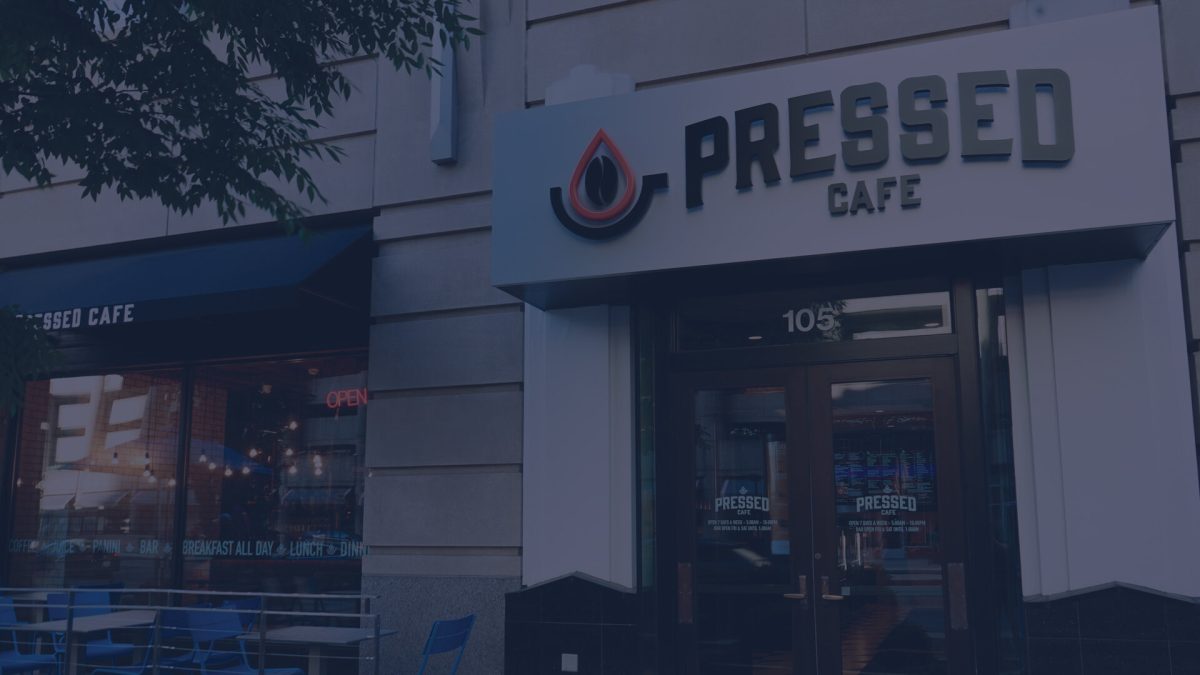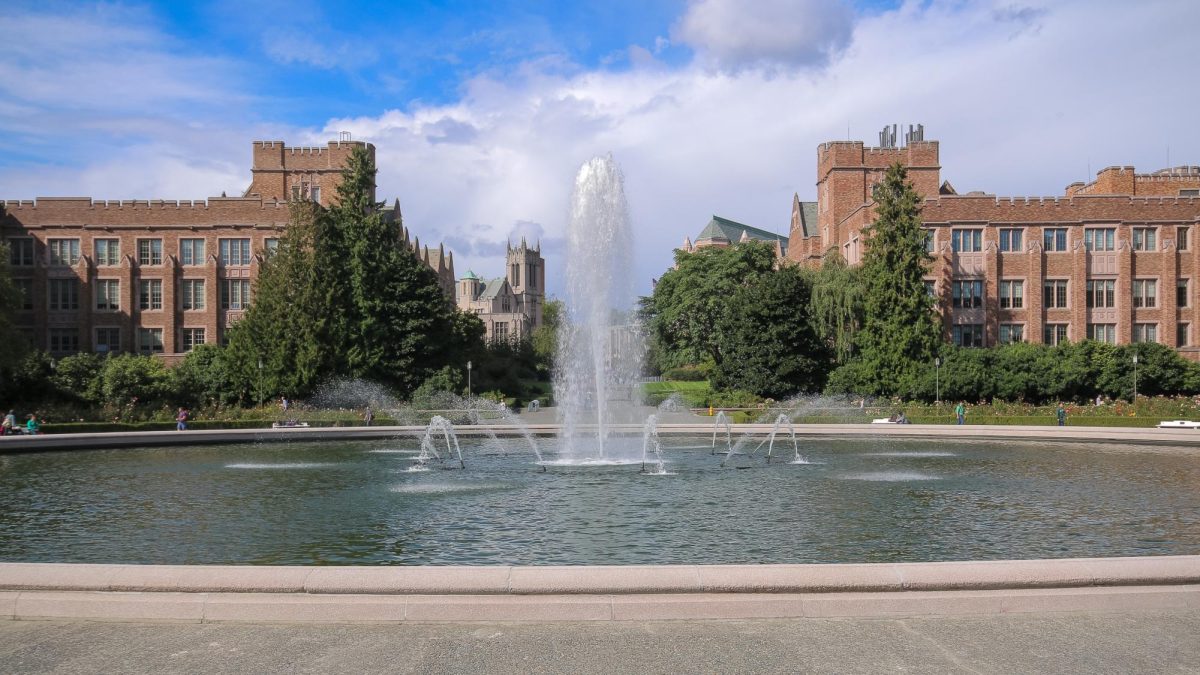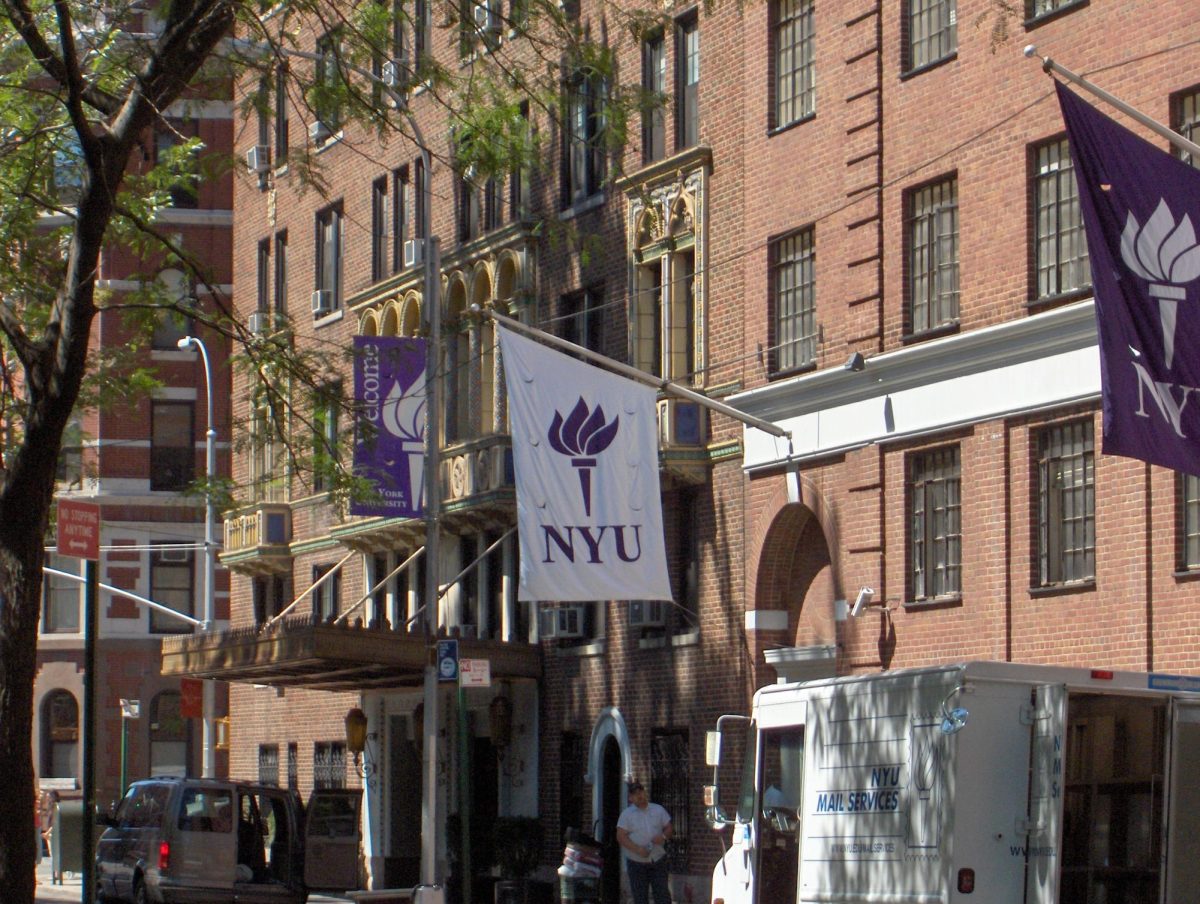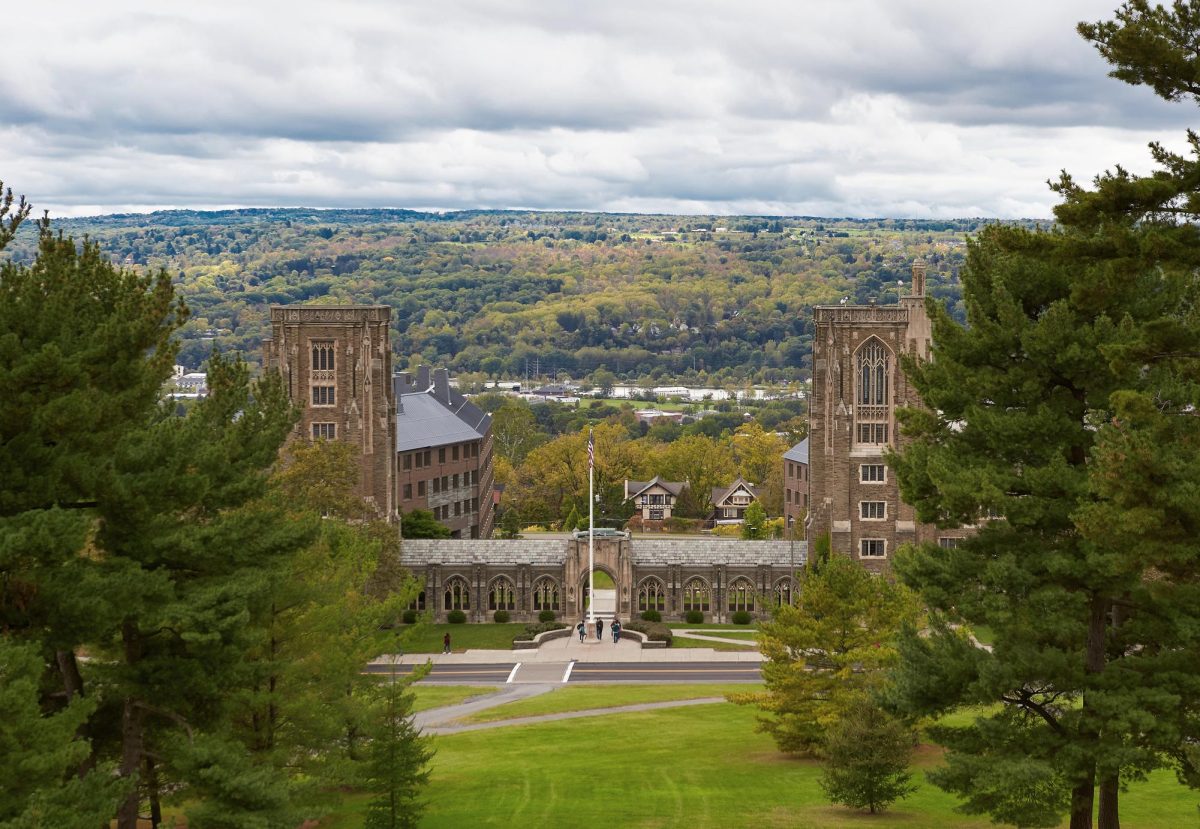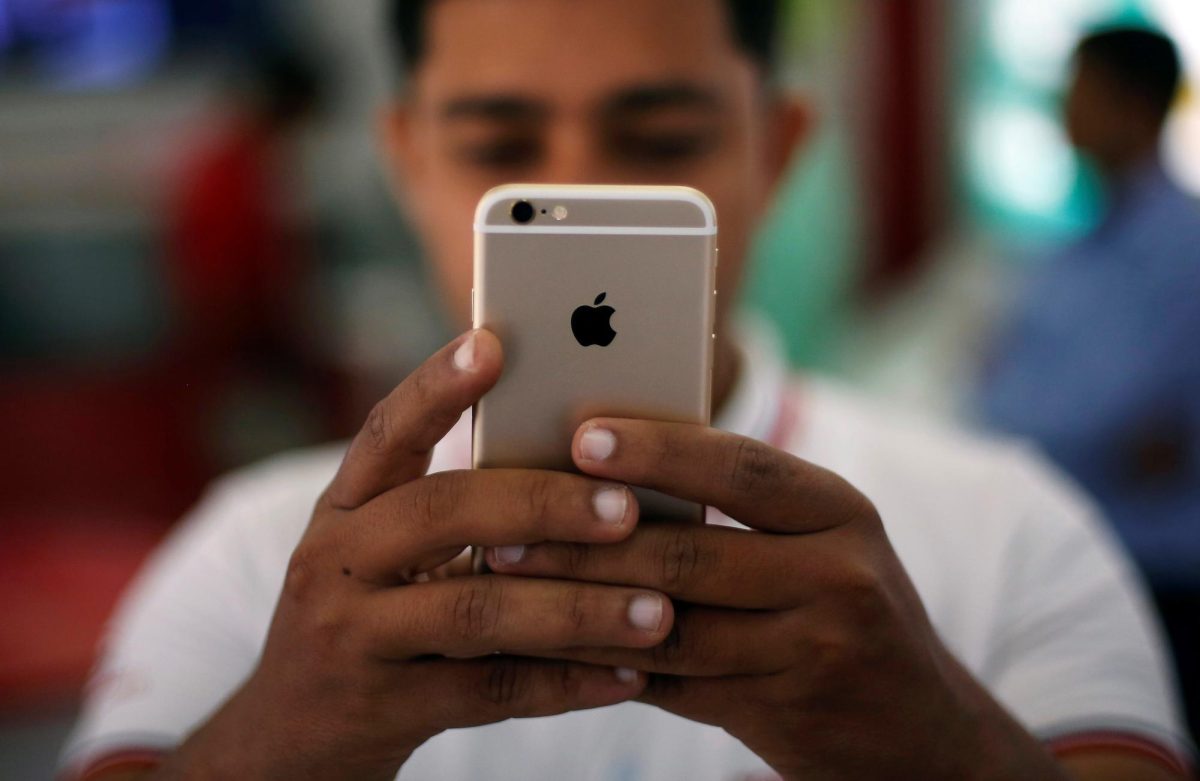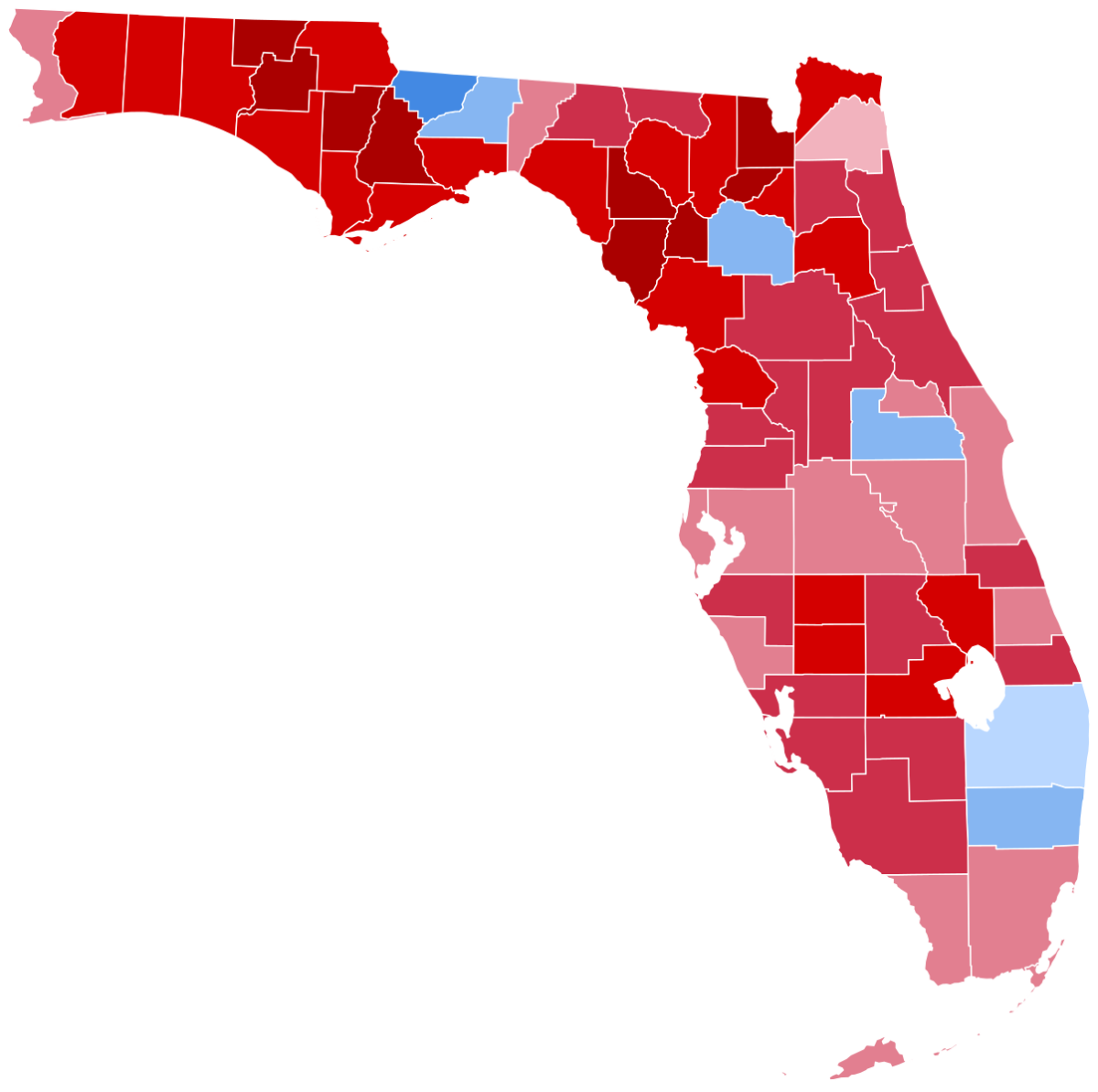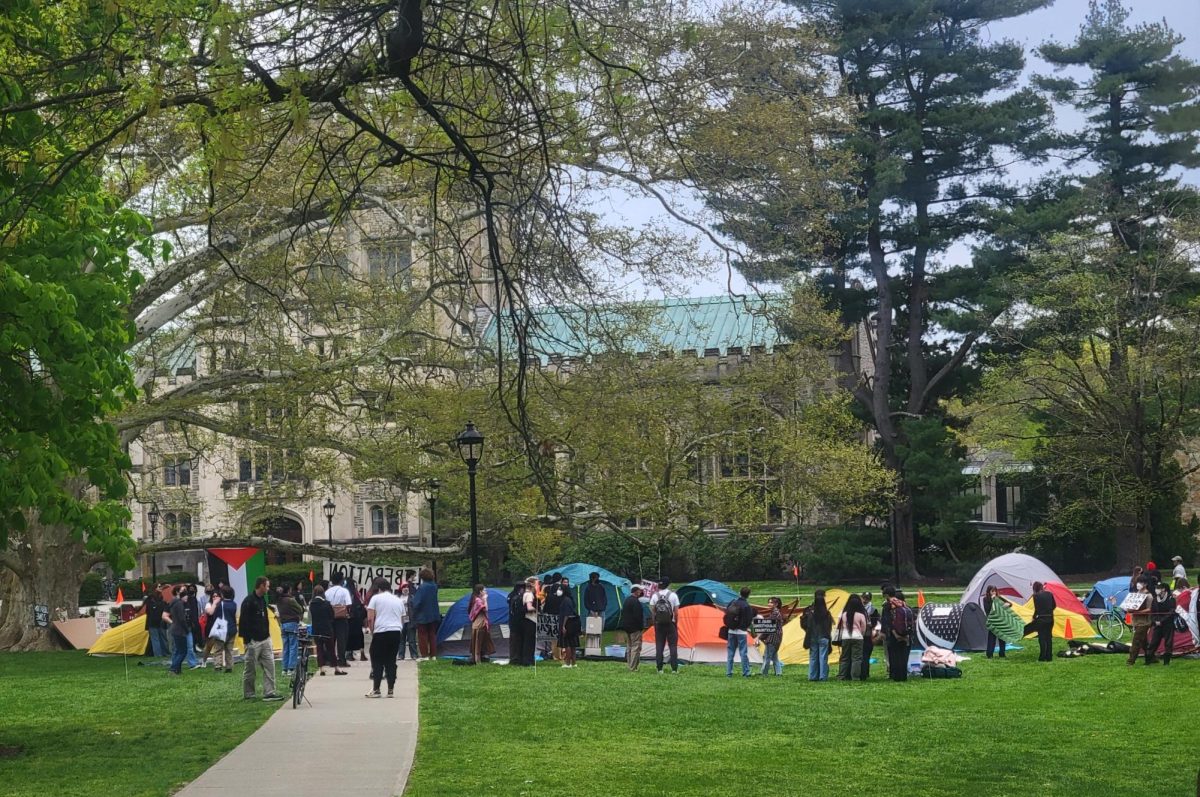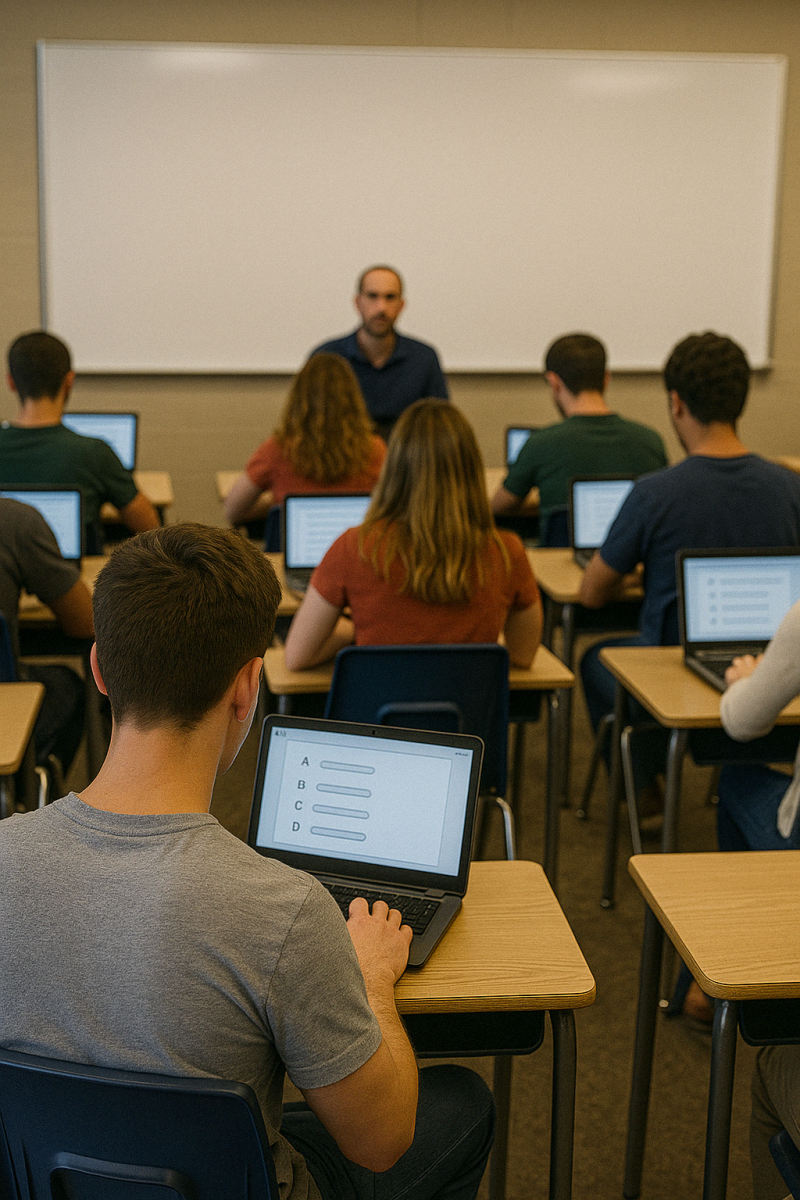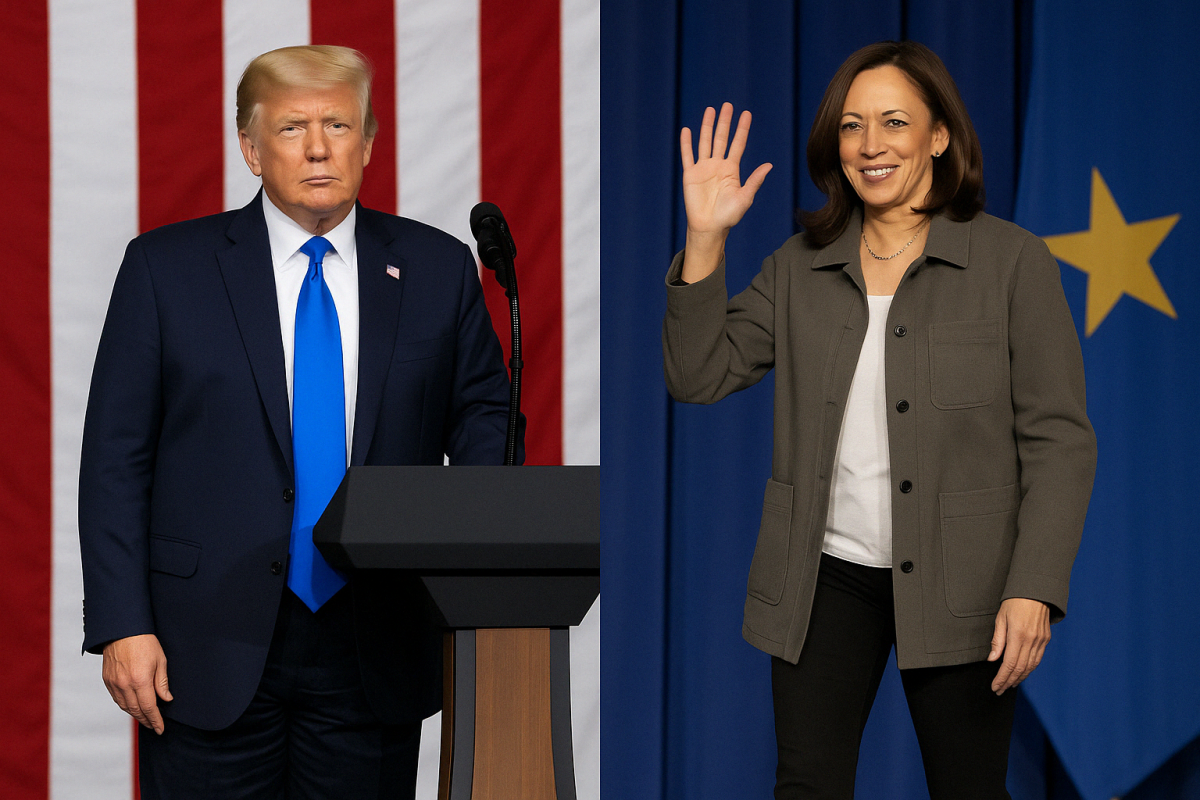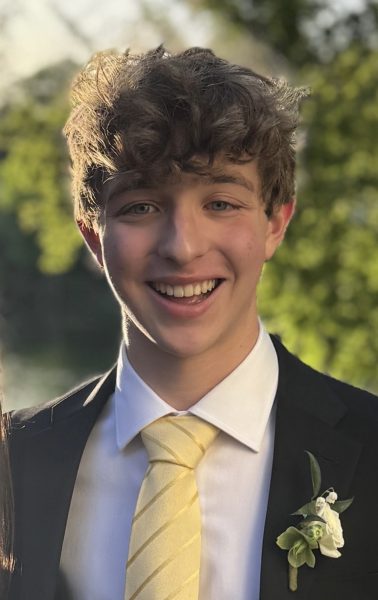There is no question about it: There is an epidemic of sleep deprivation among American teenagers.
According to the CDC, over 70% get below the recommended amount of sleep for each night, eight to ten hours. This has immense repercussions for teenagers’ focus, long term health, and energy throughout the day. Clearly, something needs to change.
One proposed solution suggests legally forcing social media to be shut down in the night, allowing teens and other active users to get much-needed rest. And, it’s supported by evidence. A study in 2023 indicated that a majority of teenagers had more than 4 hours of screen time, which begs the question: Could a legal restriction of social media force teenagers to sleep more and scroll less?
On one hand, a large portion of time spent on social media might not cut into teens’ sleep — Does the 15 minutes someone might spend scrolling in the free block really cut into their night’s sleep? However, most of us are probably also familiar with the experience of staying up late, scrolling through our app of choice and knowing we should probably be in bed. Social media companies intentionally employ algorithms to keep our attention for as long as possible, and a forced break would cause some of that late night phone usage into hours of sleep.
This kind of time restriction on social media would also allow its users to retain almost all of the good that social media creates. Keeping in touch with your friends, inspiring social justice movements, communicating important events and announcements – These things would certainly continue to benefit America’s youth, just in a healthier capacity.
While some might protest at first, I would hope that, with time and reflection, people could eventually realize this kind of law could benefit all of us, and that our impulses don’t always align with our best interests.




